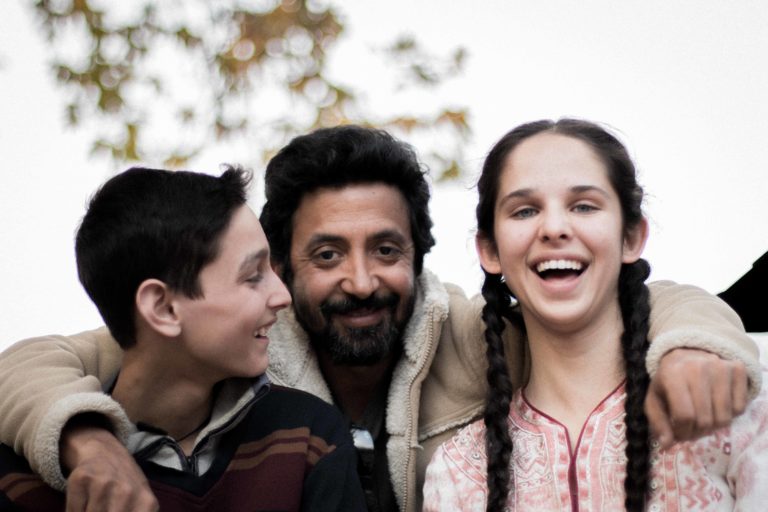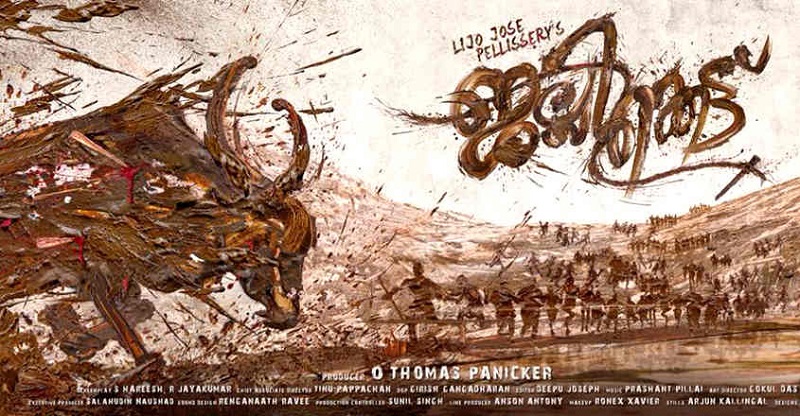Director Ashvin Kumar has written an open letter to CBFC chairperson Prasoon Joshi after the board asked for cuts in his feature-fiction No Fathers In Kashmir, in exchange for an ‘A’ certificate. The director says awarding an ‘A’ certificate is as good as banning the film, and every cut made to the film is damaging.
Kumar is the director of 2004’s Oscar nominated film Little Terrorists. His documentaries Inshallah, Football in 2010, and Inshallah, Kashmir in 2012 won him National Awards. But both films were A-rated. In an interview with Scroll.in, he asks what is the logic of banning the films and then giving them National Film Awards? “All I know is that there is a strategy in place and is not coincidental. First time it happens, it can be oversight. Second time, coincidence. But third time? Come on,” he says.
Kumar applied to the CBFC for certification on June 15, but it took the Examining Committee 80 days to watch it and over a hundred days to issue the certificate, unlike the usual 68-day period. According to a report in Mumbai Mirror, a member of the CBFC said that the film could not be cleared after its EC screening on September 3, and needed a second screening with the revising committee. Kumar says he did not get an opportunity to debate this during either screening, and was told he could apply to FCAT if he wanted.
Kumar has appealed to the Film Certification Appellate Tribunal (FCAT), and will receive a date of meeting soon. But in his letter to Prasoon Joshi, sent on Saturday, he urges Joshi to watch the film himself so he doesn’t have to go through the time, expense and trauma of legal proceedings. He writes that the film is a tale of hope and forgiveness in an area of conflict, and has “no sex, no violence, no vulgarity, no nudity, no drug abuse.”
Unlike his previous two documentaries which took a strong stand against the state and its human rights violation in Kashmir, No Fathers In Kashmir is a fiction about a teenage British Kashmiri, Noor, who retraces her roots in search of her father. She is joined by Majid, a local Kashmiri boy, as they become involved in the conflict. Kumar says this film is about the two sixteen-year-olds experiencing first love and heart-break, in the backdrop of conflict. “It talks about the dilemmas of family, psychological and social, and particularly of women — mothers, wives, daughters — upon whom the weight of conflict falls the hardest.”
Recommended
Kumar also asks Joshi why in the world of CBFC sixteen-year-olds were not allowed to watch this, and of what help was it to keep the conflict shrouded in propaganda: “The propoganda and misinformation that dominates national discourse creates demonic, hyperbolic and misleading representations of people who we would like to think of as fellow citizens,” he adds.
The letter also points out that Haider, a film that was critical of the state’s role in Kashmir, was given a U/A certificate; and The Textures of Loss, a film about stone pelting, with facts similar to that of No Fathers in Kashmir, had its rating converted from ‘A’ to ‘U’ by the Delhi High Court. Talking about how his case was simple, he says, “There is nothing anti-national or anti-Army in his film. I don’t know if the problem is simply that the film is set in Kashmir.”
Image courtesy: Alipur.com



